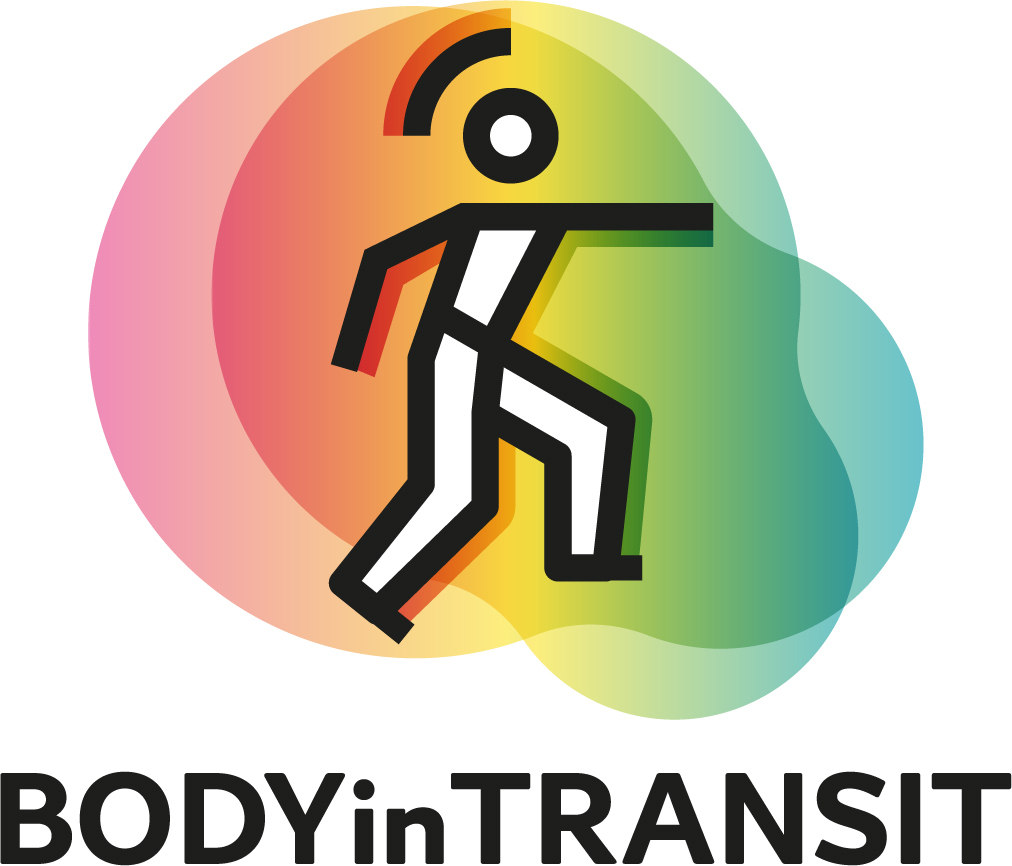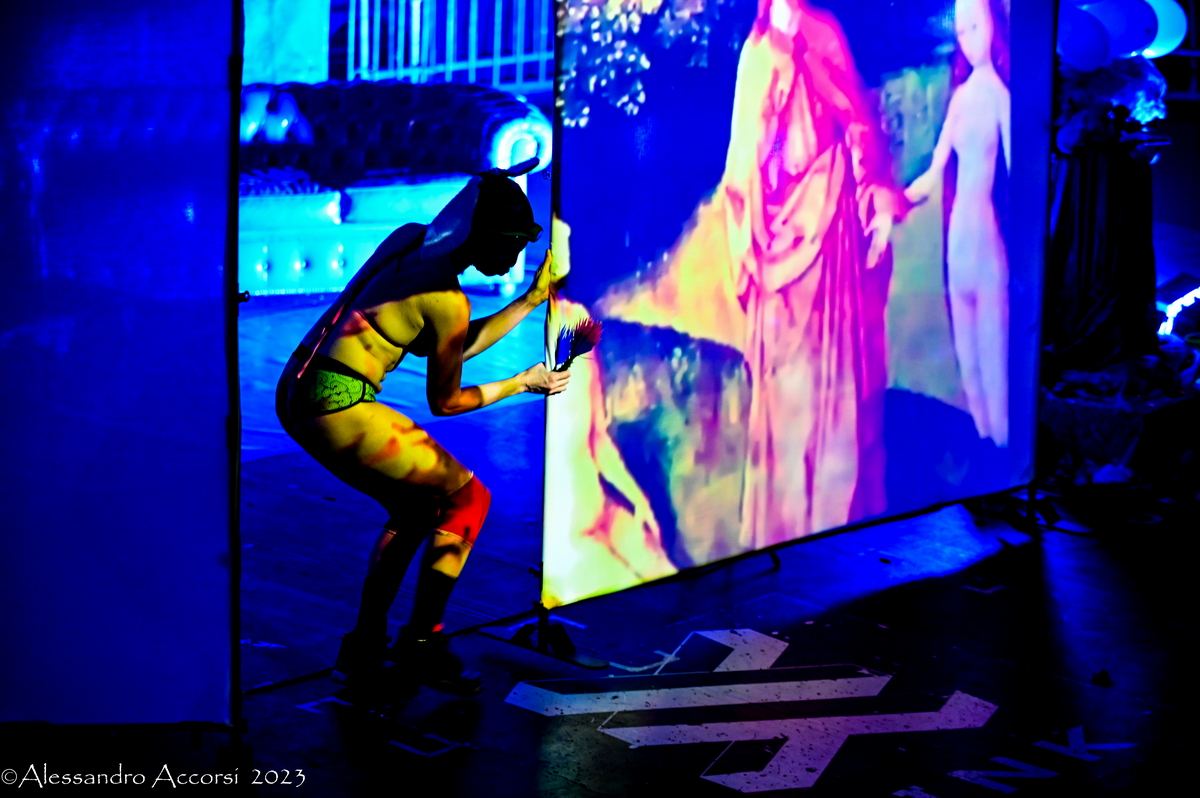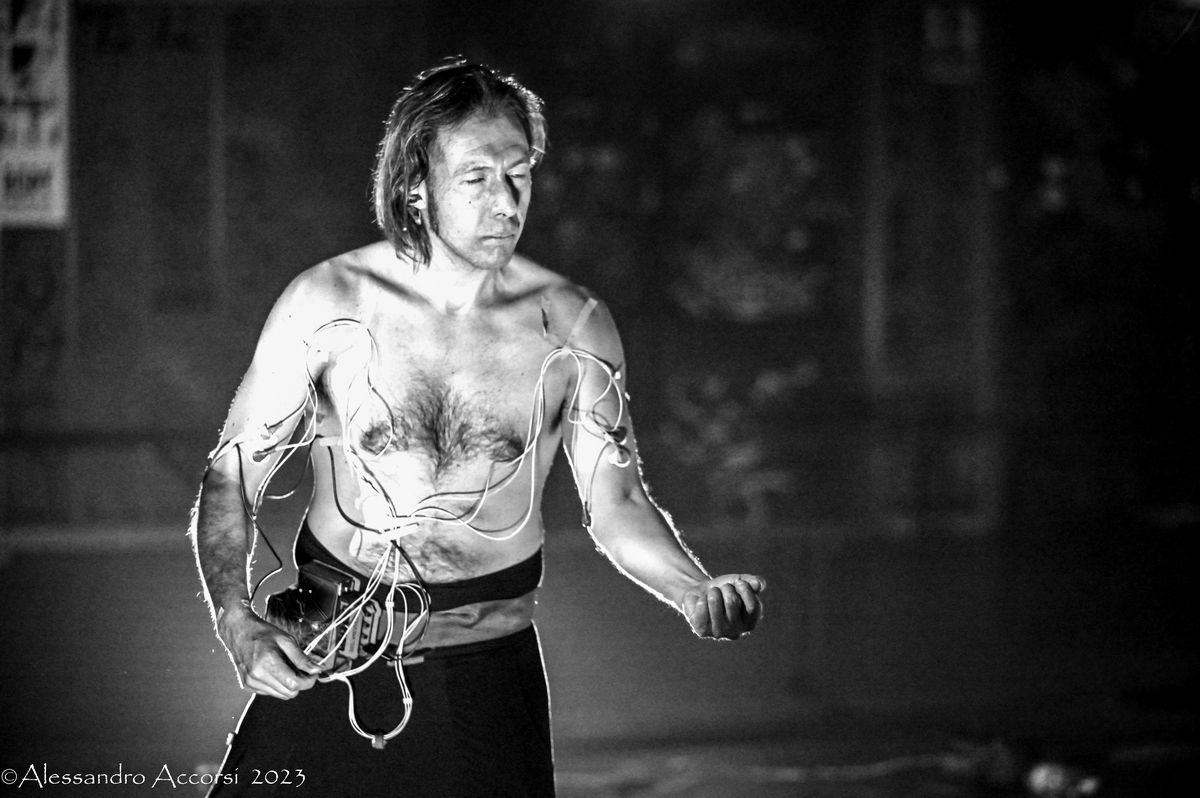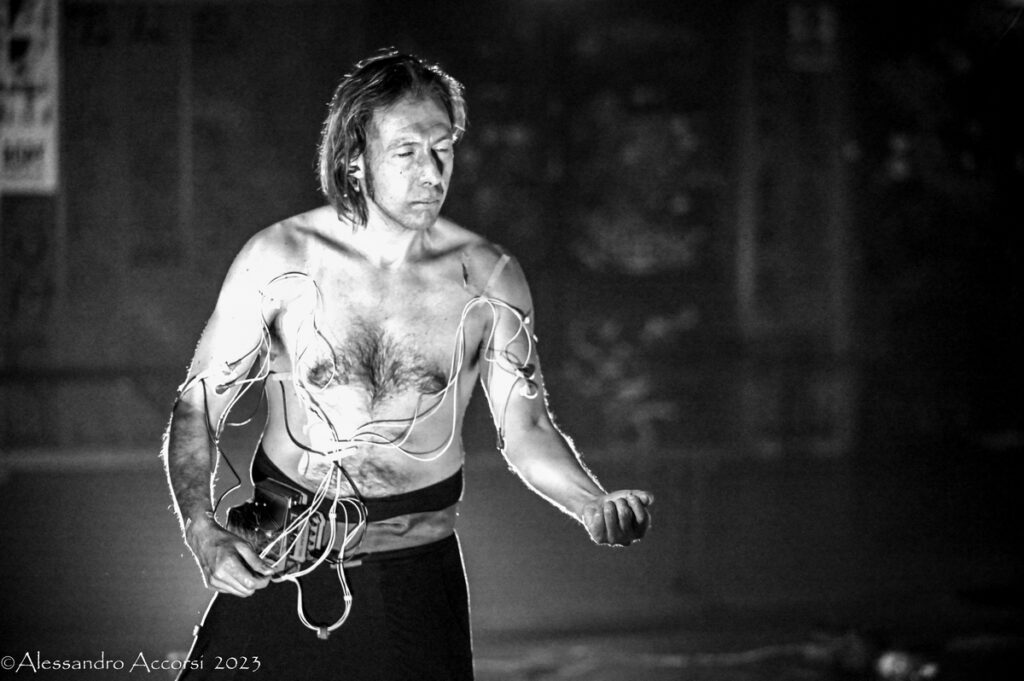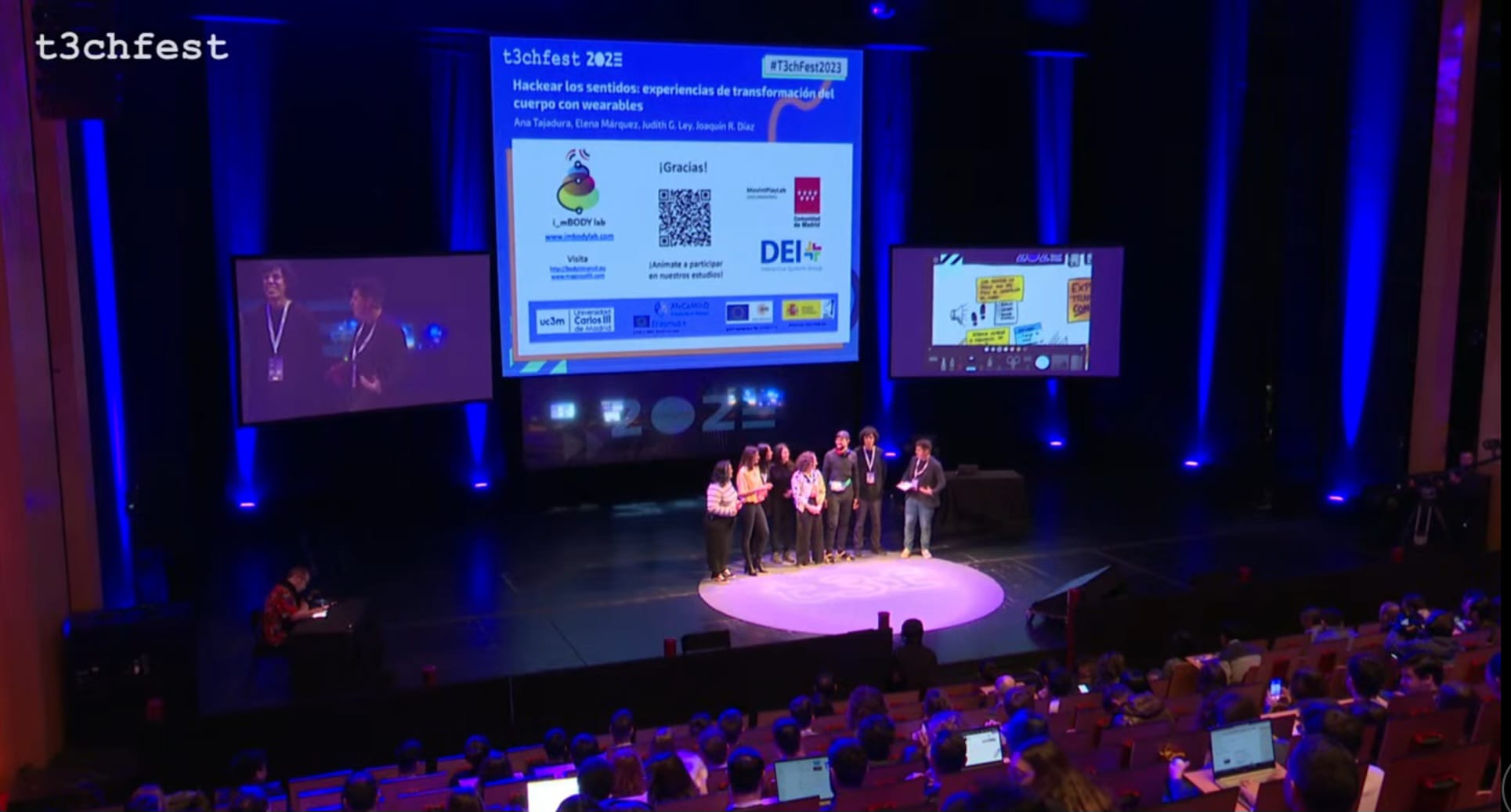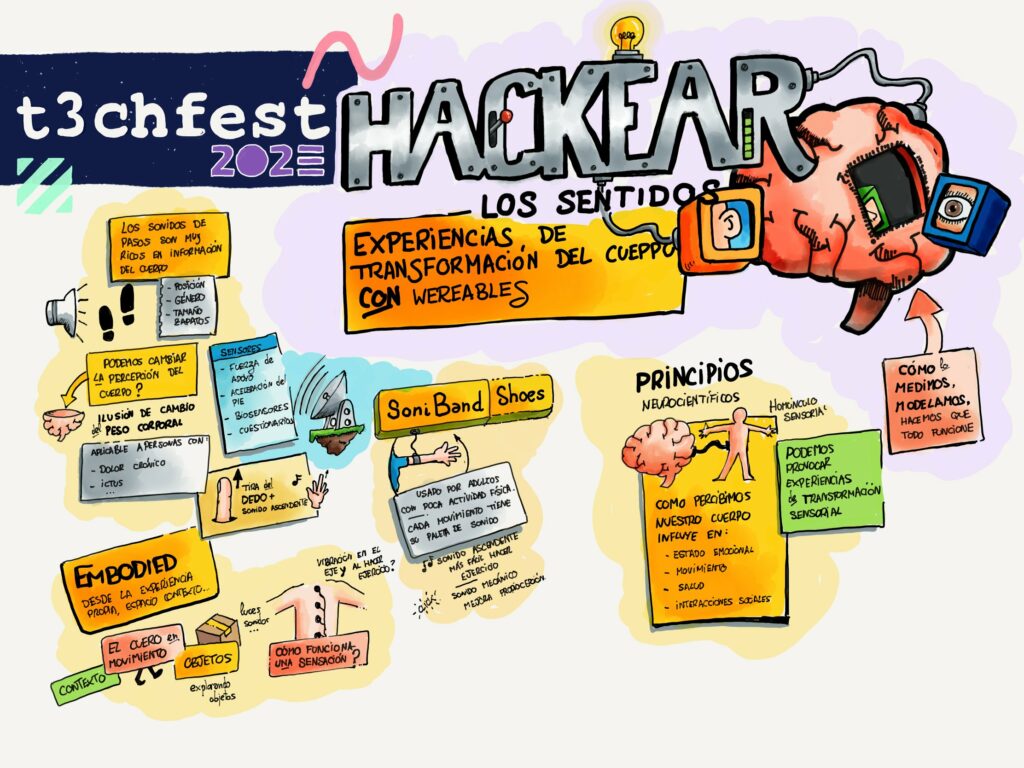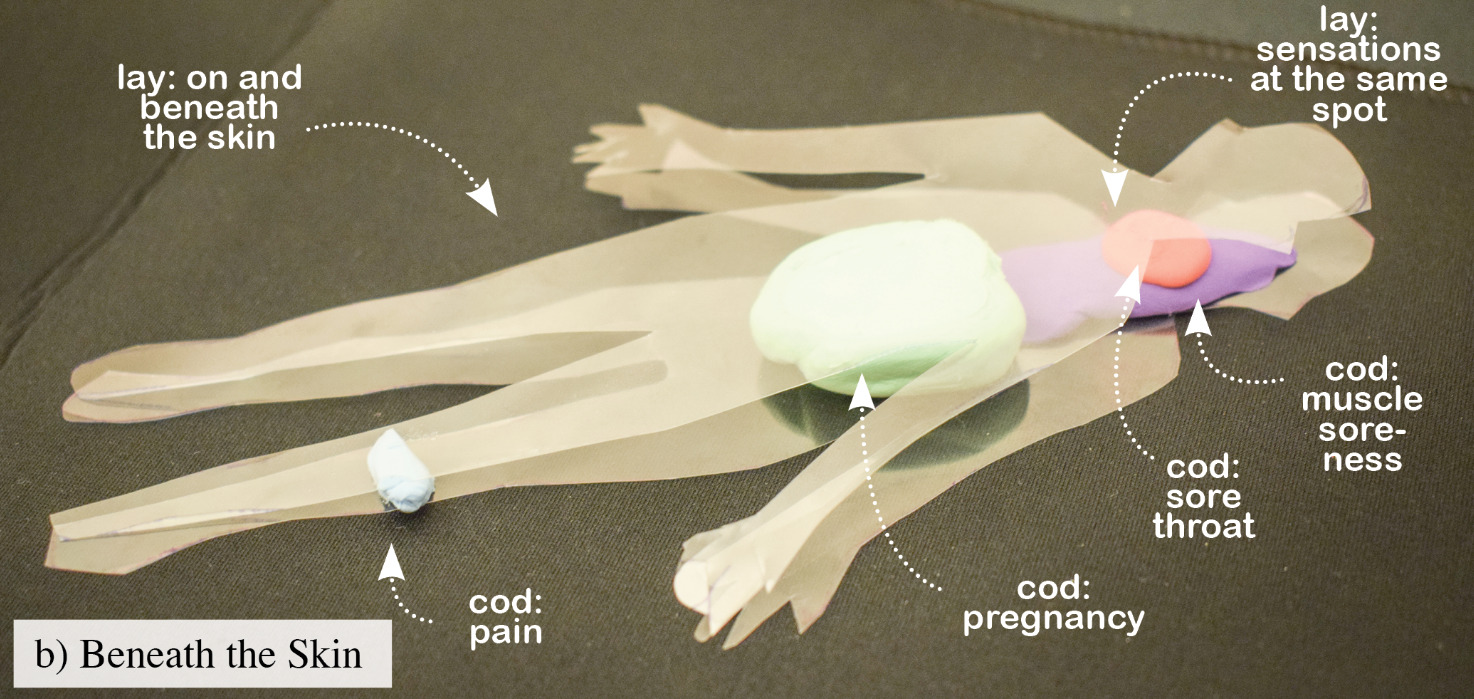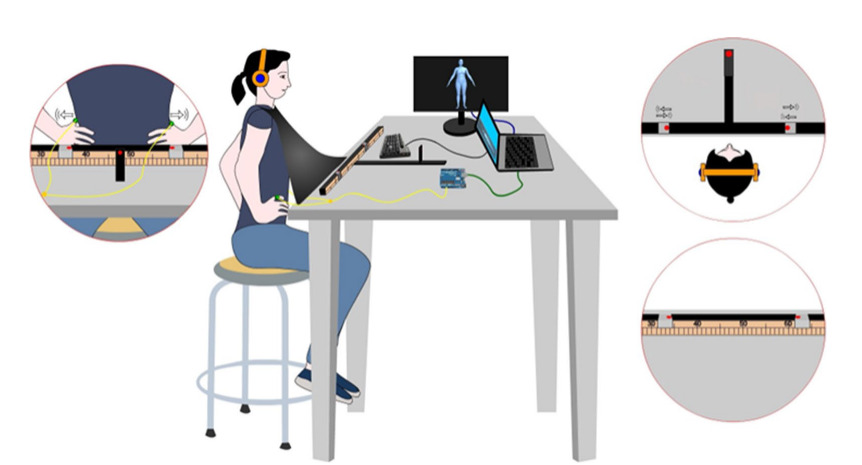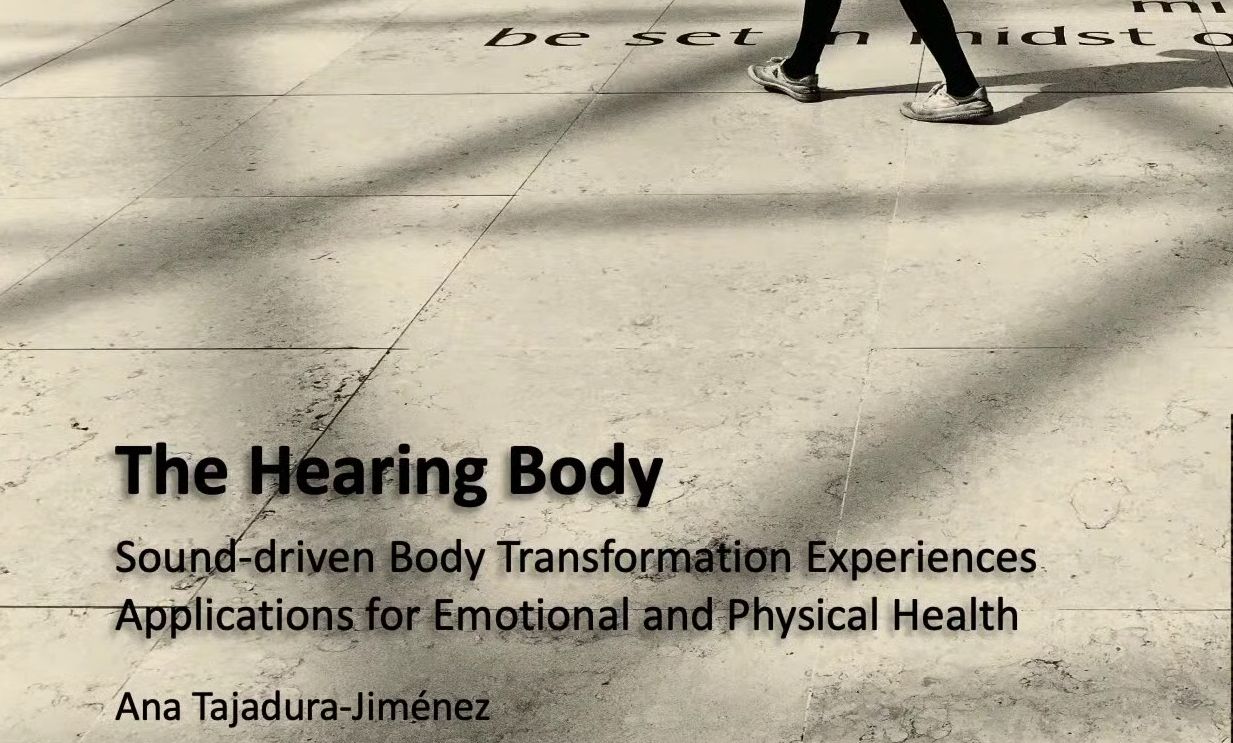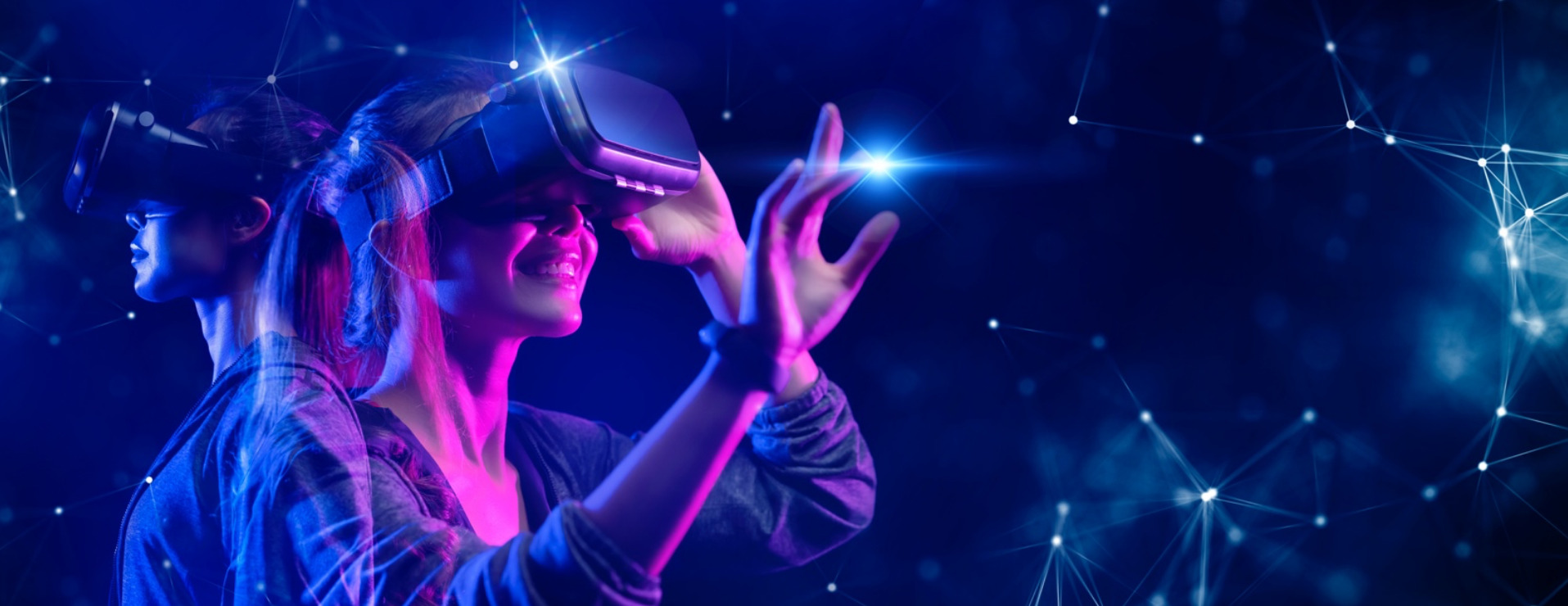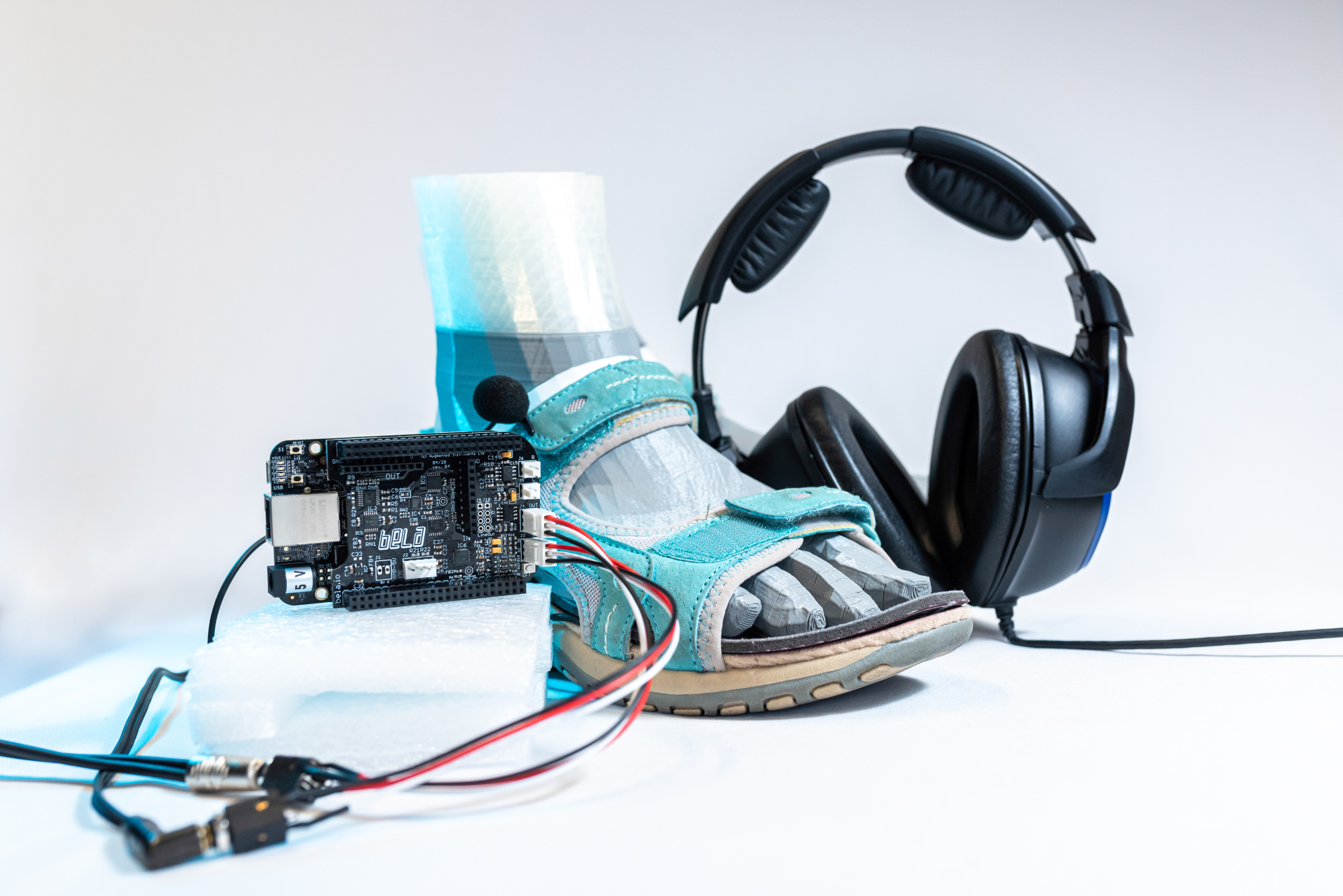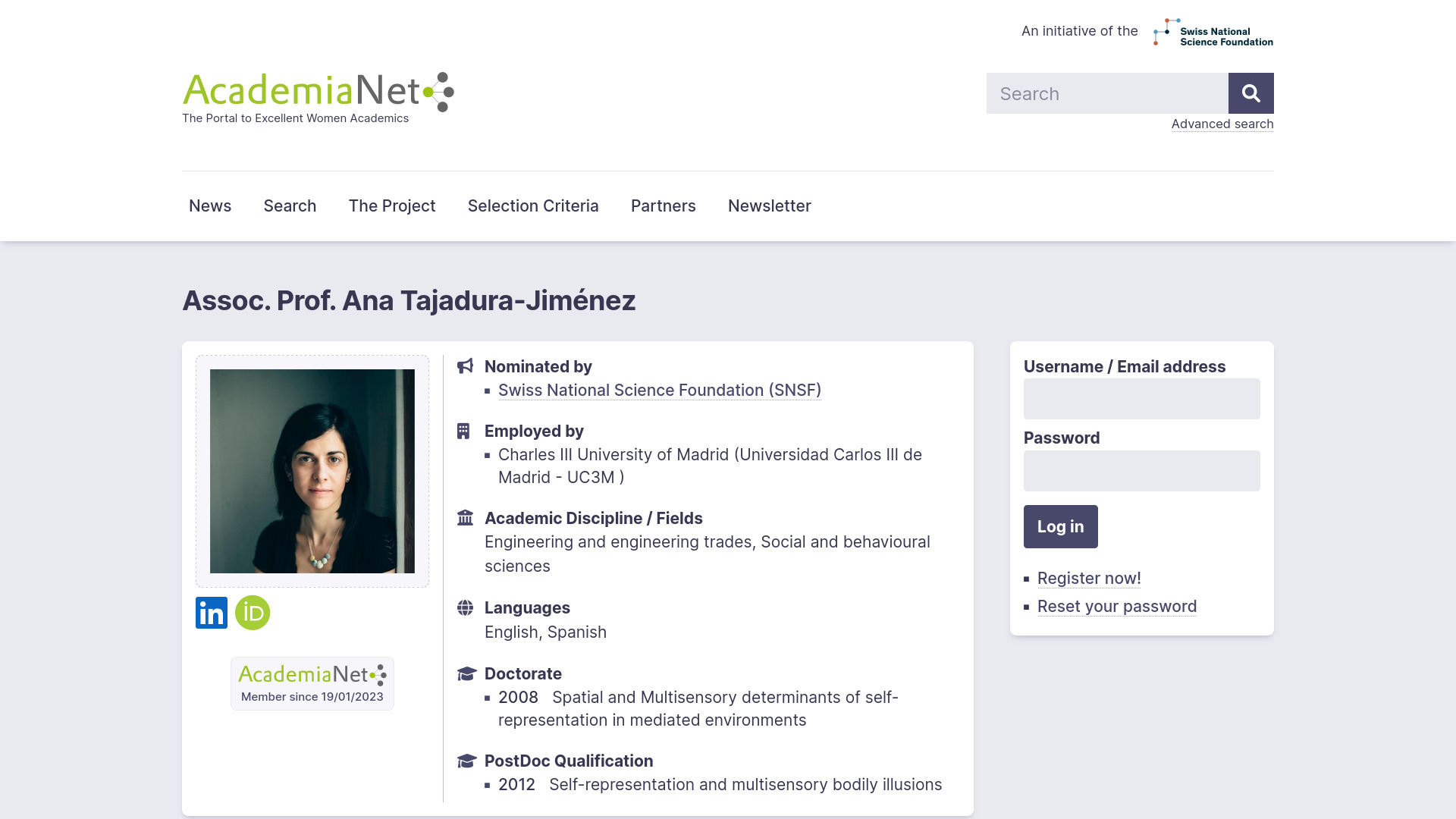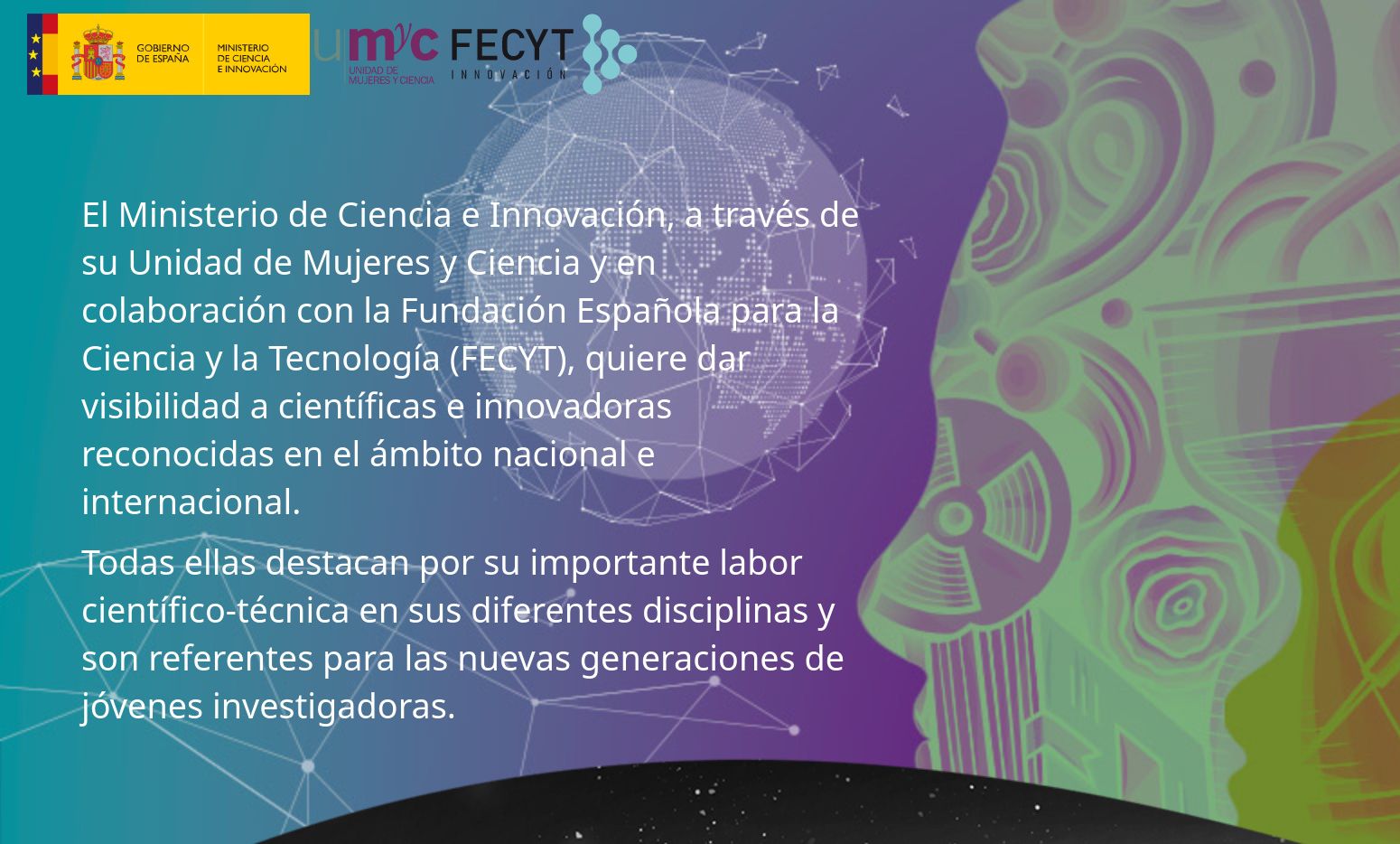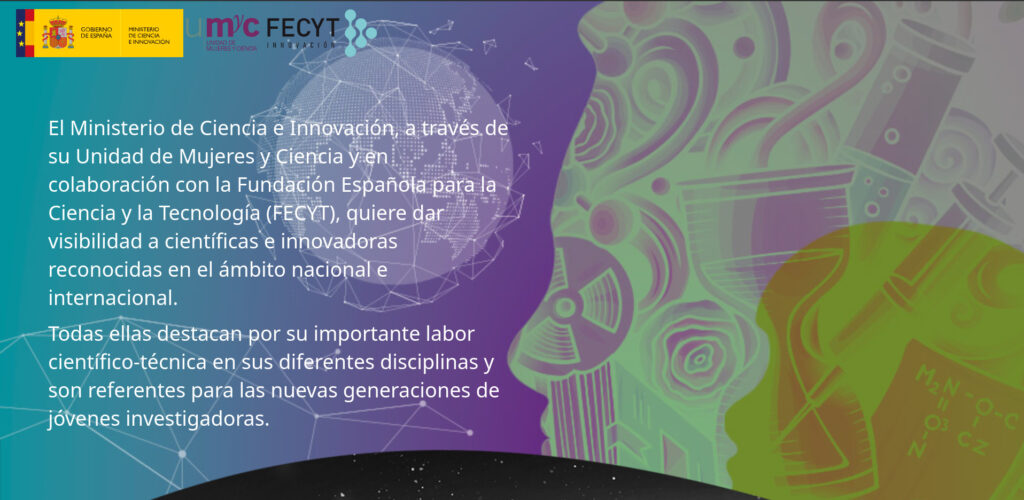On the 11th of March, the performance Una Noche con Ramona was presented at the international dance festival Soto a Chi Danza, organised by the association AMAT, from the region of Le Marche in Italy.
The performance took place at the Rotonda a Mare in the seaside town of Senigallia, in what used to be a resort.
This particular space with a sea view and qualities similar to those of a Greek forum hosted the Dream performing arts company, for the presentation of the site-specific piece Una Noche con Ramona.
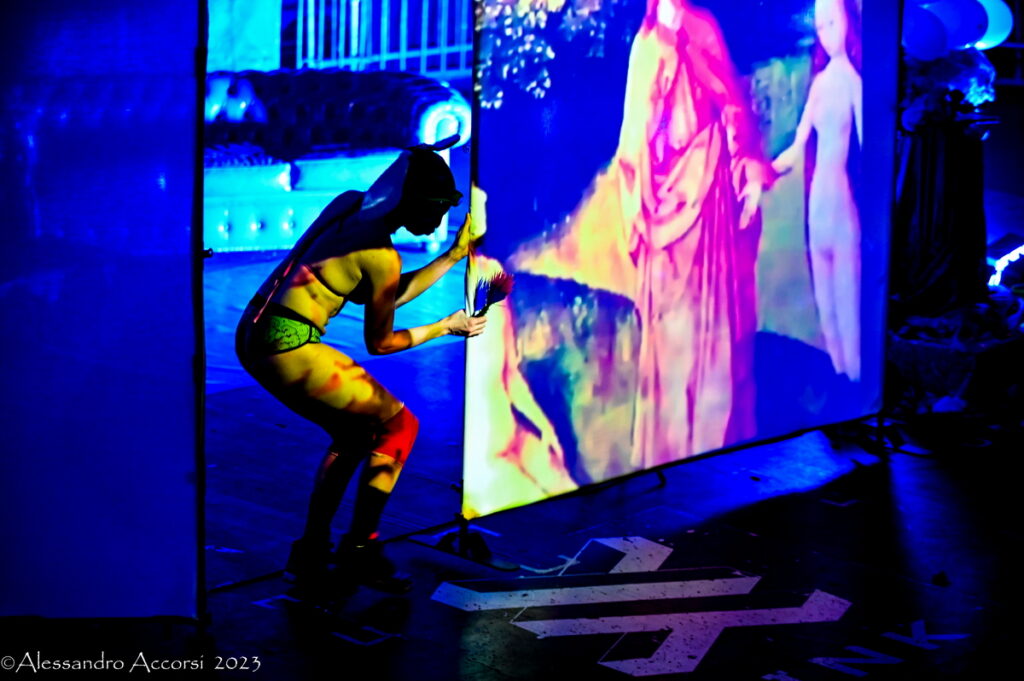
Una Noche con Ramona is an interactive performance.
Ramona is a “Love Influencer”, a “heroine of love”, a “collective body” that exists on the net, feeds through networks, feeds on desires and fantasies, travelling in our collective dreams.
Through a ritual, she is embodied in those who wish to experience it.
The audience has the role to imagine and, if they wish, to interact and co-create Ramona. This performance arises from real experiences. Ramona
has her Instagram page (IG: ramona_abate) and interacts with the people who write to them.
The play is inspired by these relationships filtered through the technological medium.
Director and performer: Raffaella Menchetti
Performer and multimedia creator: Joaquín Díaz
Playwright: Sara Serrano
Performer and creator: Francesca Vantu
Performer: Sofia Galliano
Online performer: Elissa
This project has been funded and supported by: Sneo.es, Hamlet.Love and BODYinTRANSIT ERC project
